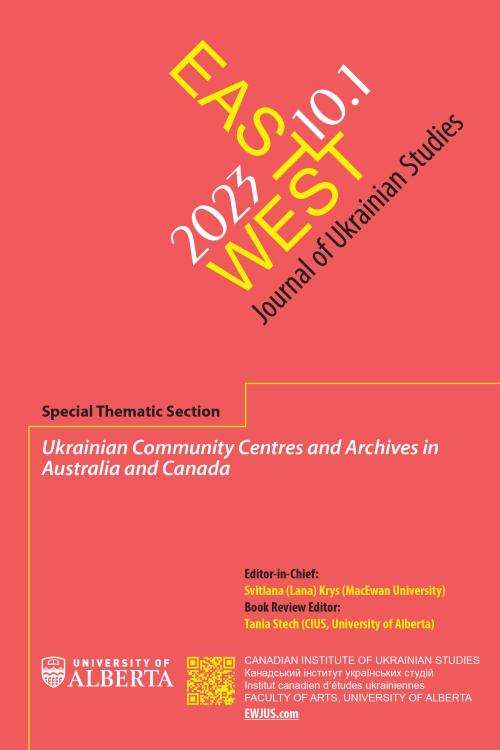Resisting Russification in Soviet Ukraine through Literary Translation: The Voice of Mykola Lukash
Resisting Russification in Soviet Ukraine through Literary Translation: The Voice of Mykola Lukash
Author(s): Valentyna SavchynSubject(s): Cultural history, Political history, Social history, History of Communism, Translation Studies
Published by: Canadian Institute of Ukrainian Studies at The University of Alberta
Keywords: social role; literary translation; Soviet Ukraine; Russification policy; Mykola Lukash;
Summary/Abstract: The Soviet totalitarian regime not only violated human rights, it pursued an aggressive policy of assimilation, seeking Russian cultural and linguistic hegemony over all Soviet republics. Literary translation was no longer viewed as an apolitical activity and became an ideological weapon and an efficient “means of forced cultural change” (Monticelli). Regime ideologues sought control over both the selection of “reliable” authors / texts for translation and the ways in which these texts were interpreted in the target languages. This policy led to the appearance of massive translations from Russian literature and a widespread practice of indirect translations, with Russian intermediary texts as a criterion of fidelity. In Soviet Ukraine, however, this Russification policy went further and targeted the Ukrainian language itself; this resulted in the lexicographical deactivation of many authentic Ukrainian words and their substitution with Russian counterparts. Extensive repressive practices and tight ideological constraints gave rise to translators’ activism and cultural resistance and inspired translators to take on new roles. The case of Mykola Lukash (1919–88), whose name went down in the history of Ukrainian translation as a symbol of resistance, illustrates some of the social roles performed by translators to resist Russification. Lukash’s actions as translation gatekeeper, cultural custodian, and language guardian exemplified the importance of personal agency and a firm occupational identity for translators who opposed assimilation.
Journal: East/West: Journal of Ukrainian Studies (EWJUS)
- Issue Year: 10/2023
- Issue No: 1
- Page Range: 113-136
- Page Count: 24
- Language: English

